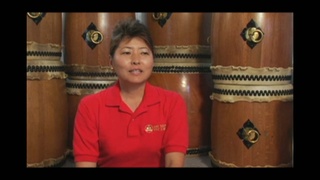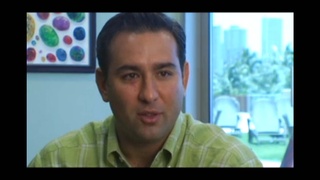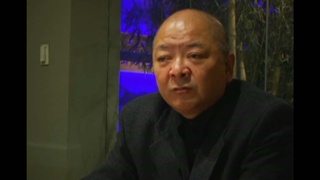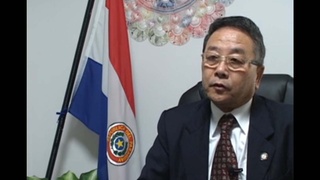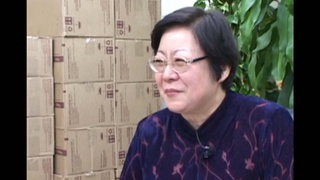Interviews
Cofounding the Asian Pacific Islander Law Student Association
We got with the Black and Chicano law students and they encouraged us and told us how the school had played them against each other, on the issue of affirmative action spots. And they said, for the record saying we will sacrifice our spots if it comes down to that for you. If they tell us there's just a pool of so many minority slots and you're gonna have to fight with the Black and Chicano students to do it, we’re telling right you now. We may give you a slot or two. We're just going to...as soon as they lay it out, we’re going to show the school how much this unity matters to us. And I didn't have to invoke it interestingly enough. We went in and they give us a couple spots, you know, I didn't have to hit up the two organizations, but it showed me that there was a solidarity there and we really started off absolutely from the very beginning as part of a larger movement.
It was never about Asian-Americans. It was about how much we could be a part of a larger movement and we had to have lawyers to do it. We had to have lawyers to bring up our communities where they should be as well. But again, it was always a larger movement. It was always something that was going to benefit everybody. It wasn't going to be some selfish little thing that we were doing for ourselves. It had to be something that was a matter of principle and not just people so we started with that and I'll give credit to, to them, Shunji Asari, to the late George Yoshiyoka who became one of the greatest public defenders ever, and Jim Uyeda, John Maeda, Glen Osejima. There was a whole bunch of us. There were nine of us by the time we graduated.
So I mean the one thing that I've always tried to bring back to the organization that it always has to be, it always has to be social justice over self-interest. Any issues that we represent is not just our own little community. Because justice for one little community is meaningless it doesn't really matter in the whole universe of a society, or any society. So it had to be important for people to look left and right and understand the implications of what it is were asking for. It has to be on behalf of everybody.
Date: July 14, 2020
Location: California, US
Interviewer: Matthew Saito
Contributed by: Watase Media Arts Center, Japanese American National Museum; Japanese American Bar Association


